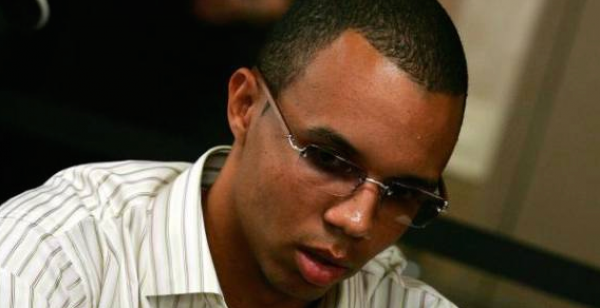Borgata Seeks Permission to Go After Phil Ivey for More Than $10 Million: Bank Account Emptied
The Borgata Casino in Atlantic City has sought approval to go after poker pro Phil Ivey for the $10.1 million the property was awarded in an infamous edge-sorting case.
Edge Sorting
Ivey was ordered to pay back the $10.1 million after a federal judge ruled Ivey and companion player Cheng Yin Sun didn't meet their obligation to follow gambling regulations on four occasions in 2012 by having a dealer at the Borgata arrange Baccarat cards so they could tell what kind of card was coming next. Those cards were later confirmed to have been defective.
The order by U.S. District Court Judge Noel Hillman essentially returned both sides to where they were before Ivey and Sun began gambling at the Borgata.
"This case involves the whims of Lady Luck, who casts uncertainty on every hand, despite the house odds," Hillman wrote in his opinion. "Indeed, Lady Luck is like nectar to gamblers, because no one would otherwise play a game he knows he will always lose."
He added that deciding the case involved "voiding a contract that was tainted from the beginning and breached as soon as it was executed."
Attempts to Collect
Borgata was able to locate a Wells Fargo bank account in Ivey’s name. On Oct. 2, the bank informed the casino the account was empty.
So what happened to the funds?
From PlayNJ:
There was speculation that Ivey and his partner and co-defendant, Cheung Yin “Kelly” Sun, transferred their assets to a bank account in Mexico.
Even though it seems Ivey spends most of his time in Macau, he also spends a great deal of time in Mexico — or at least he used to. Ivey admitted to owning a house in Cabo San Lucas on his Instagram account in the past.
For his part, Ivey has appealed the matter, asking the US Court of Appeals for the Third Circuit to slow down Borgata’s collection process.
PlayNJ notes that Borgata parent company MGM International "has plenty of leverage in Nevada to collect on the debt, if allowed. Borgata is hoping to get a green light at a requested Nov. 5 court date".
Not the First Time
The ten-time World Series of Poker winner had previously lost his case against a British casino he accused of improperly withholding his winnings. They too accused him and an accomplice of edge sorting.
Britain's High Court ruled that Genting Casinos UK did not have to pay him the 7.7 million pounds ($12.4 million) he was seeking. In this case, the casino withheld paying Ivey.
Ivey claimed he won the money legitimately during two days of playing baccarat at Crockfords, a Mayfair casino that is part of the Genting group, in August 2012.
Wrong Ruling
While the Borgata had sought a $30 million judgement based on fraud, the judge ruled Ivey was only guilty of not playing a fair game and could not collect said winnings as a result.
Gambling expert and attorney I. Nelson Rose disagreed with that assetion. He believed the poker pro should have been paid in full.
"Edge sorting has been around for decades," Rose told Gambling911.com in an exclusive interview. "I was called in as an expert witness in a marked card case and one of the first things I did was look to see if there was a pattern to the design on the back of the cards.
"Cheats can easily create a deck of cards they can read by buying many decks of cards with a simple pattern, like diamond shapes, and then creating a single deck where, say, only the ten-count cards have full diamonds in the corners."
But in a casino, he said, it is the responsibility of the casino to make sure everything in a game is ship-shape, not the player.
"It is up to the casino to make sure that there are no readable markings on the backs of cards," Rose said. "I remember touring the Sands Casino in Macau the month it opened and looking into the room where employees destroyed cards after a single use.
"Ivey used information available to all players," he said. "By definition that was not cheating."
- Ace King, Gambling911.com










